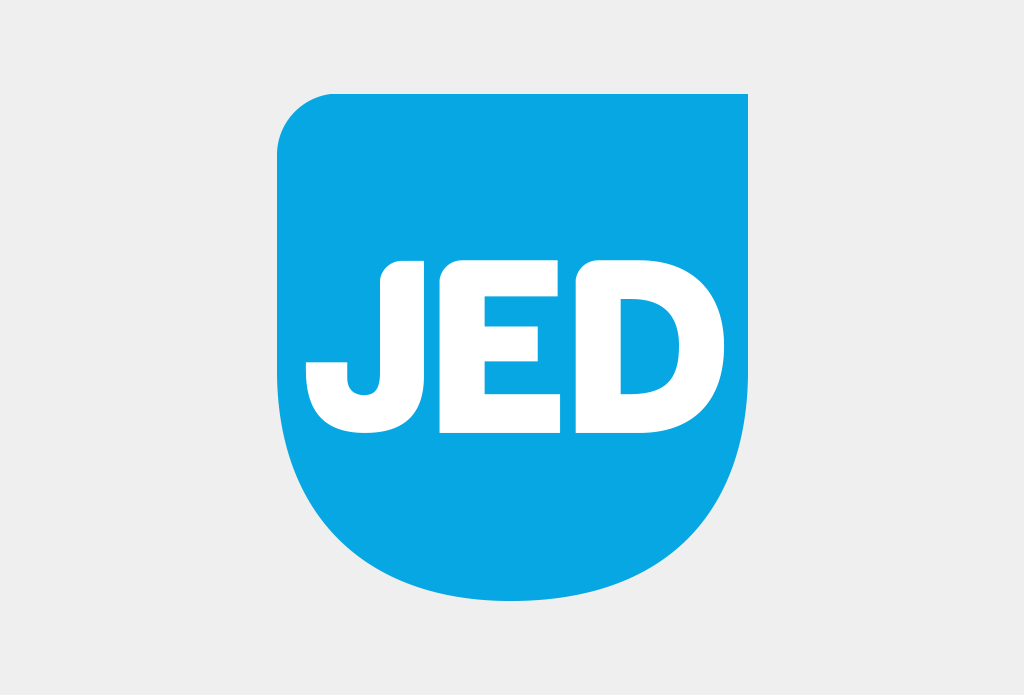written by Vidya Krishnan, Chief Psychiatrist and Medical Director, Children’s Health Council
 During my nearly 15 years as an adolescent psychiatrist, I have worked with hundreds of young people and their families seeking a path to mental health through problem-solving, relationship and communication tools—and when appropriate—medication. But, until last year, I had not seen hopelessness so prevalent in young people.
During my nearly 15 years as an adolescent psychiatrist, I have worked with hundreds of young people and their families seeking a path to mental health through problem-solving, relationship and communication tools—and when appropriate—medication. But, until last year, I had not seen hopelessness so prevalent in young people.
Both living in the moment and an unbridled excitement for tomorrow drive the engine of youth. The pandemic, however, affected teens and young adults in fundamental ways not necessarily associated with the coronavirus or the social isolation often blamed for spiraling youth mental health. While worries about physical health, escalating work and family responsibilities and social isolation drove feelings of anxiety and depression in many adults, young adults faced their own unique challenges. The brains of teens and young adults are wired to anticipate the future, for which they prepare their entire life, and this anticipation is a source of joy.
Imagine moving on life’s youthful journey on a path towards a fence. With each milestone, accomplishment, challenge or experience, the fence comes closer into view. You are biologically and psychologically driven to arrive at the fence so that you can then scale it and look over to the other side. The future. Now, imagine, with much effort, nervousness and hopefulness, getting to the fence, looking over it and seeing—nothing. While this sounds dramatic, the feeling was very real for young adults who suddenly had no game plan, no next step in the transition to adulthood and no previous experiences to draw from.
While adults generally brought a frame of reference to the pandemic, knowing through experience that somehow life would march on, teens and young adults aren’t equipped with that perspective. For them, the joy of looking forward, the closely-held or outwardly expressed dreams of what their future might look like hit pause: a long, excruciating hard-stop of striving, dreaming and growing.
All organisms move forward to seek next steps; humans are no exception. It’s all part of what we refer to as the “mental march,” the steps one must take to grow up and leave the nest. It’s part of who we are at the most basic levels, down to our DNA. When young people can’t participate in this progression, they feel an utter lack of control which manifests in anxiety and, in turn, creates a prism that becomes a sort of mental prison.
While this may sound hopeless, I am happy to share that it is not. Young people are also equipped with amazing innate resilience—again, thank you DNA. Millennia of evolution has shown us that we can learn to use proven tools to circumvent the rational brain that sees nothing but a blank future or an emotional brain that is trapped in a never-ending spiral of worry or despair. We can tap into our wise mind which negotiates the fine line between these two. This is called dialectical behavior therapy (DBT), which combines cognitive behavioral science with mindfulness concepts to help regulate emotions.
Dialectical means that multiple opposing perspectives can be true at the same time. The primary dialectic in DBT holds that both acceptance and change are needed to move forward: to accept yourself and your life exactly as they are right now—and to work on new ways of coping and moving forward. This process is the only evidence-based treatment for reducing suicidal thoughts and self-harming in young people. It is a proven tool in “building a life worth living”—the basis of DBT. Mindfulness, distress tolerance, emotion regulation and interpersonal effectiveness are the interlocking pieces of DBT.
Speaking with our youth has allowed me to engage them in a deep assessment of their true values, which the pandemic has either polished or shuffled. One exercise that I found very effective was using “values cards” to help whittle down what is truly important and weaving a new story to build toward a goal. I’ve found, in the past year-and-a-half, that young adults whose plans were suddenly derailed by the pandemic as they marched on a familiar path to the future were able to identify though DBT what they truly valued. Often, these exercises in self-reflection and introspection led to a renewed sense of hopefulness and purpose. The destination may have changed a little (or a lot), but the path forward became more evident. Their sense of a future came back into scope.
For the parents and families of young adults who are struggling to see what could lie ahead, I urge patience and compassion. For state and local policy leaders who are seeking to expand and improve mental health services for young people, improving access to DBT-based treatment, especially for culturally divergent clients or those who have specific language-based needs, is critical. Also, improving access to potentially life-saving treatments in schools and community health programs, along with statewide investment in family health partners, like those immersed in our Ravenswood Initiative, would make the available state-funded services easier to navigate and access. This helps to remove barriers to success for under-resourced youth and their families, regardless of learning style, cost, language or location.
For young adults who are struggling to put their future in focus, who feel trapped in place, there is a path forward. It begins with accepting where you are right now and working on making changes in direction, action or thinking that feel right, however small. Sometimes that means just taking out a calendar and putting something down in the future. Often, it’s the small things that help us regain control, purpose or a sight line to the future.
Written by Dr. Vidya Krishnan. Dr. Krishnan was recently named chief psychiatrist and medical director of Children’s Health Council.
Source: California Health Report | Opinion: Dialectical Behavioral Therapy Is Helping Young People Find Purpose During the Pandemic, https://www.calhealthreport.org/2021/07/27/opinion-dialectical-behavioral-therapy-is-helping-young-people-find-purpose-during-the-pandemic | Published July 27, 2021. Republished here under a Creative Commons license.
A screening can help you determine if you or someone you care about should contact a mental health professional. Care Managers can arrange a free 30-minute Care Consultation so you can explore options with an expert. Call or email our Care Managers at 650.688.3625 or careteam@stage.chconline.org to set up an initial Consultation appointment.
This resource is filed under:







